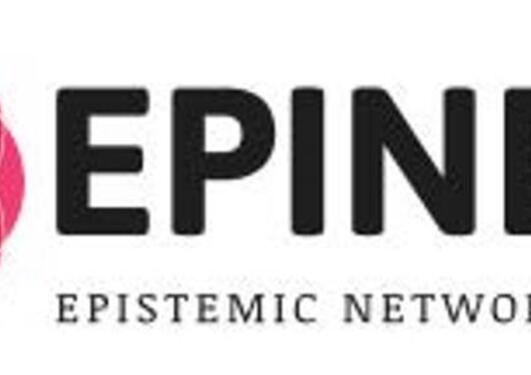Integrated Assessment of Societal Impacts of Emerging Science and Technology from within Epistemic Networks (EPINET)
The EPINET project reviewed and evaluated assessment methods, commonly used to address societal impacts of new and emerging S&Ts.

Main content
The methods include risk and impact assessments, ethics, media studies of representation, public perception studies, socio-technical analysis, law, integrated assessment, product life cycle analysis, participatory technology assessment, knowledge assessment and scenario/foresight exercises. Furthermore, the project will develop tools to integrate methodologies with reference to four case studies that aim to identify and engage with new networks of social, scientific and technological actors as they emerge in four innovation domains:
wearable sensors for activity and physiological monitoring;
cognitive technical systems (mainly robotics)
synthetic/in-vitro meat
smart grids for power supply
The integration of methods will draw on insights from academic and applied assessment frameworks, and encompass a plurality of concerns, interests and future planning within the S&T domains, through a common focus on the concepts of epistemic networks, responsible innovation and good governance. The aim is to develop ways of assessing new innovations that are pluralist, inclusive of multiple disciplines and, to a greater extent than at present, capable of implementing reflexive change and mutual learning, while maintaining a common focus on social robustness, i.e., sustainable, meaningful and responsible developments.
One shift of focus which we explore, but which has been recognised neither in the academic analysis nor practice of TA, even participatory TA, is to move from the implied assumption that methodological elaboration will be sufficient to encompass all the salient factors, to the idea that some of the issues here require appropriate carefully designed institutional changes. EPINET is empirical (by engaging with emerging new networks and the ways in which innovations are represented and received in the public domain); normatively critical and innovative (by unpacking and exploring the limits and potentials of emerging collaborations and new economies as well as of central policy considerations and how they are informed by S&T actors and existing assessment frameworks); and finally, future-oriented (by gradually building empirical insights and normative reasoning which is oriented towards future socio-technical change).
The consortium will not simply observe and evaluate emerging trends, consequences, social, legal and ethical implications, but share the objectives of so-called constructive technology assessment in that it aims to take part in their shaping in a mode of active co-production. A lot has been achieved in the context of EU-level technology assessments in recent years, and a number of different methodologies and approaches have been developed. However, decisive challenges remain, to tighten the integration of methods (where possible), and to tighten integration and implementation in the relevant domains within which innovations take place. Hence ³integration² will mean tighter co-production of different technology assessments in the relevant contexts of innovation.
Final conference
The EPINET final conference was held on 28-29 April 2015.
It brought together researchers, innovators, policy makers, ELSi scholars and other stakeholders who represent the epistemic networks associated with smart grids, wearable sensors, in-vitro meat, autonomous robots and data protection.
The conference took place in Le Bouche à Oreille, Rue Félix Hap 11, 1040 Bruxelles.
The conference reported on our case studies and accommodated feedback, discussion and debate, addressing the impacts and implications of recent trends. It also dedicated considerable time to discuss and debate Responsible Innovation as a policy programme within Horizon 2020—a yardstick for innovators and evaluators to measure their commitments and standards.

